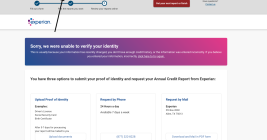Hacked Password Service Leakbase Goes Dark
Leakbase, a Web site that indexed and sold access to billions of usernames and passwords stolen in some of the world largest data breaches, has closed up shop. A source close to the matter says the service was taken down in a law enforcement sting that may be tied to the Dutch police raid of the Hansa dark web market earlier this year.





